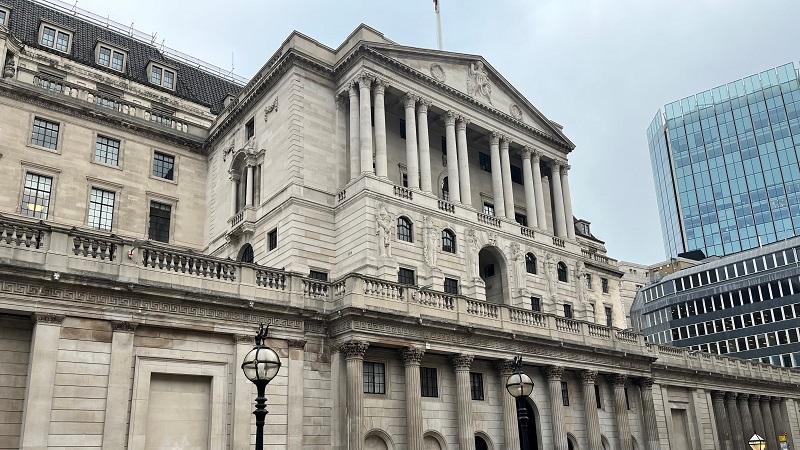The All-Party Parliamentary Group on Investment Fraud and Fairer Financial Services (APPG) has called on the Treasury to launch an inquiry into the FCA’s handling of the Woodford scandal.
The group, made up of MPs and members of the House of Lords, has penned an open letter to Dame Meg Hillier who chairs the Treasury Committee.
It alleges the regulator failed to act sufficiently on warning signs to prevent the scandal and continued to fail investors after the fund collapsed.
See also: RGL bolsters group claim against Hargreaves Lansdown over Woodford
The group is chaired by Bob Blackman, Conservative MP for Harrow East, alongside Labour’s Sam Rushworth, MP for Bishop Auckland.
APPG officer Lord Davies of Brixton said: “My years practicing as a pensions actuary has taught me the importance of optimising risk and reward, and having a healthy understanding of the workings of the regulatory framework.
“I am concerned, therefore, about the way in which the FCA has handled the Woodford scandal and, in particular, the suggestion that investors have been denied access to the Financial Ombudsman Service and the Financial Services Compensation Scheme.
“That needs to be investigated fully, because when Parliament created those protections through the Financial Services and Markets Act 2000 it was understood that they were rights upon which investors might rely, especially after they had invested.
“The government is seeking to encourage people to put their savings and investments to work, promoting economic growth and to develop the infrastructure we need. But the regulatory protections that Parliament has put in place must be relied upon to function as intended. When they are seen to fail, we must know the reasons why.”
The FCA has been contacted for comment.
Missed warning signs
In the letter, the APPG claimed that despite early warnings given to the FCA from within Woodford’s organisation and external experts about the deviation from the fund’s declared strategy and increasing risk profile, the FCA did not intervene decisively.
“The FCA, as the responsible regulator, failed to act on clear signs of mismanagement, such as WEIF’s repeated breaches of its investment limits into unlisted securities.”
It added the FCA approved key entities involved in the scandal, including the ACD, LFS, despite having overseen prior investment failures such as Arch Cru and Connaught.
The APPG, alongside the Transparency Task Force, has frequently criticised the regulator for its handling of the collapse of the Woodford Equity Income fund in 2019.
Regulatory failings
The parliamentary group was also critical of the FCA’s role in the scheme of arrangement, which it developed and endorsed in conjunction with Link Fund Solutions.
The FCA had publicly claimed the scheme would provide investors with ‘77p in the pound’ for their losses following the collapse of the fund. However, the group claim the figure was misleading, suggesting it could be up to a 10 times overstatement.
See also: FCA to take action against Neil Woodford and WIM
It added that the scandal has become “emblematic” of deeper systemic issues within the UK’s financial sector, with the regulator yet to release its final report into the saga despite investigating for over five years.
“Furthermore, the FCA’s approach to the scandal evidenced deeper conflicts of interest, whereby the FCA’s dual mandates – to promote market health and protect consumers are often at odds with each other.
“The FCA’s typical response to suggestions that it has fundamental conflicts of interest is to refer to the idea of ‘finding the right balance’ among its objectives or some such language. However, this is an unhelpful distraction from the harsh reality of the situation; it is continuously having to make unsatisfactory choices between opposing options.”














